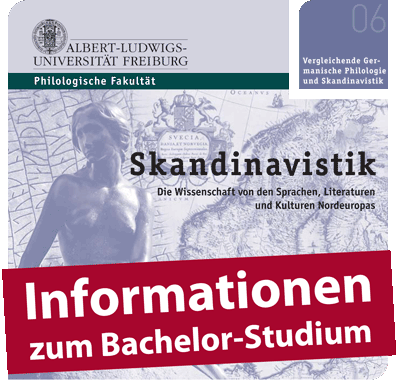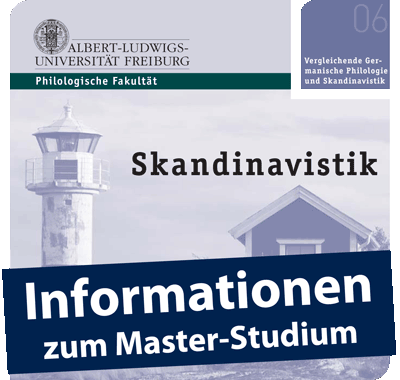Forschungsprojekt in Kooperation mit der Universität Straßburg bewilligt
Prof. Dr. Joachim Grage und Dr. Michael Rießler (Skandinavisches Seminar) haben gemeinsam mit Dr. Thomas Mohnike (Département d'études scandinaves, Université de Strasbourg) die Ausschreibung eines gemeinsamen Fellowships an den Forschungsinstituten FRIAS und USIAS gewonnen. Laufzeit des Projekts ist 2 Jahre.
The project Building the North with words. Geographies of scientific knowledge in European philologies 1850-1950 analyzes the use of the languages, cultures and literatures of Scandinavia in France, Germany and Scandinavia in three developing branches of academic knowledge – comparative philology, literary history and Sami studies – between 1850 and 1950. In these fields, academics depicted the North often either as the home of liberty, the last wilderness, a refugium of melancholy or birthplace of an industrious Germanic warrior culture, that opposed to Southern superficialness and laziness. These imaginative geographies of the North were evidently depending on political contexts and local needs and were not the same in Freiburg, Strasbourg, Copenhagen or Paris. The project proposes to analyze thus 1) the changing and conflicting versions of imaginative geographies that the actors of the field evoked by producing using Scandinavian literatures and cultures and 2) how these seemingly delocalized scientific models depended on ever different (political, didactic, esthetic, ideological, formal...) local needs and practices – on venues, regions and cultural circulation, to speak with Livingstone. The project proposes thus the first distinctly transnational dynamic geography of scientific knowledge of the North as not only a history of a scientific discourse, but also as a result of doing and performing scientific work.



